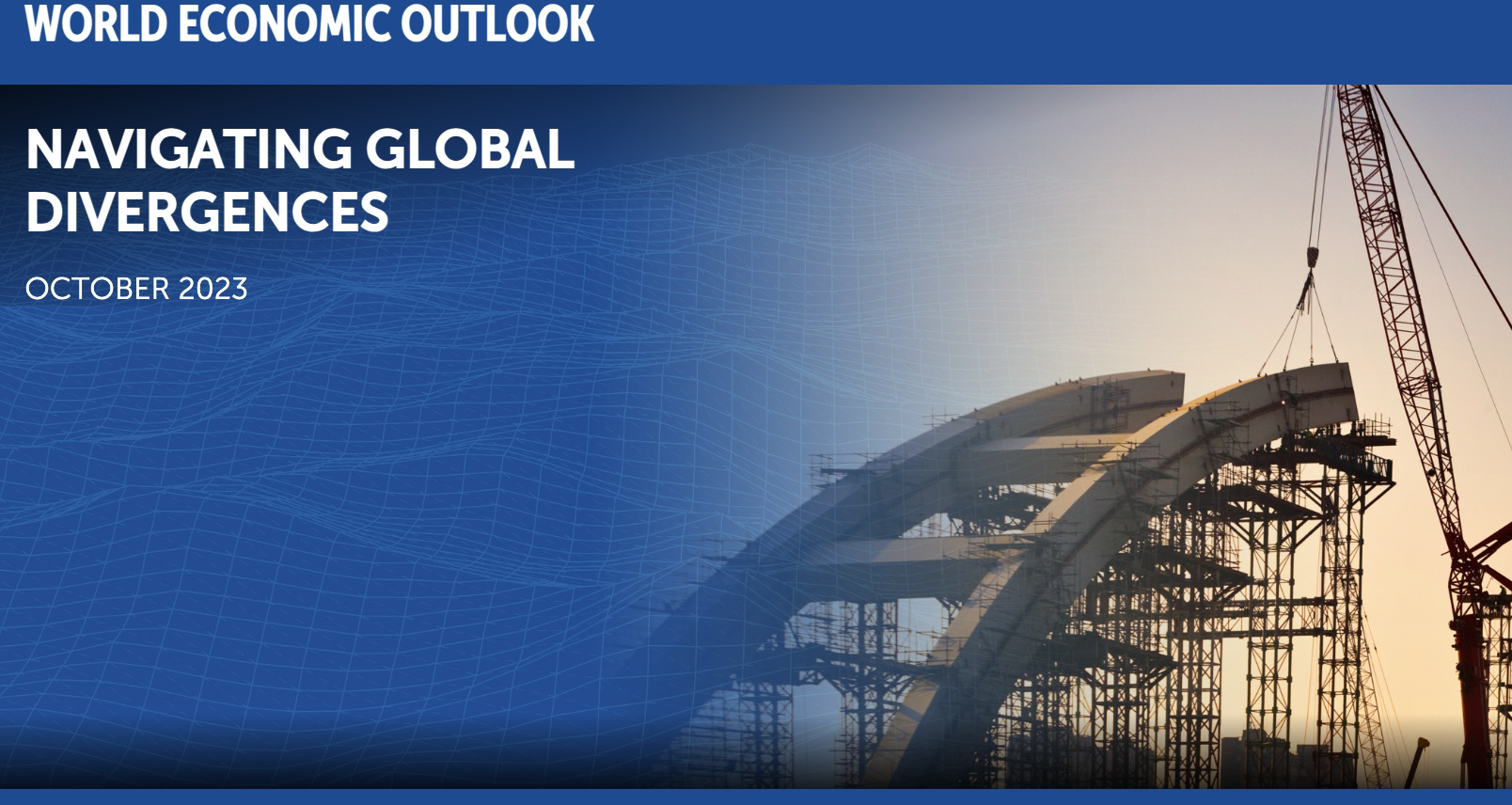Sustainable Excellence: Business Practices in 2024
As businesses navigate the complexities of the modern world, sustainable practices have become imperative for long-term success. In 2024, companies are embracing innovative approaches that not only benefit the planet but also contribute to their economic growth and positive societal impact.
Sustainability at the Core: Holistic Business Strategies
Sustainable practices are no longer an optional add-on; they are now embedded in the core strategies of forward-thinking businesses. Companies are recognizing that embracing sustainability is not just about minimizing environmental impact but also about creating resilience, reducing risks, and ensuring long-term viability.
Circular Economy Initiatives: Minimizing Waste, Maximizing Resources
The concept of a circular economy is gaining prominence in 2024. Businesses are adopting practices that minimize waste by promoting recycling, reusing materials, and extending the life cycle of products. This approach not only reduces environmental impact but also fosters a more sustainable and cost-effective business model.
Renewable Energy Adoption: Powering the Future Sustainably
Businesses are increasingly turning to renewable energy sources to power their operations. From solar and wind to hydropower, the adoption of clean energy not only reduces the carbon footprint but also contributes to energy independence and cost savings over the long term.
Supply Chain Transparency: Building Trust with Stakeholders
Consumers are demanding more transparency regarding the origin and impact of products. In response, businesses are focusing on creating transparent supply chains. This not only builds trust with consumers but also ensures ethical sourcing, reduces environmental harm, and encourages responsible business practices.
Green Building Practices: Sustainable Infrastructure Development
In 2024, sustainable construction practices are shaping the way businesses approach infrastructure development. Green buildings, designed to minimize environmental impact throughout their life cycle, are becoming a standard. From energy-efficient designs to eco-friendly materials, businesses are prioritizing sustainable structures.
Biodiversity Conservation Efforts: Protecting Ecosystems
Companies are recognizing the importance of biodiversity conservation. Sustainability practices extend beyond reducing carbon emissions to actively preserving and restoring ecosystems. Businesses are engaging in initiatives such as reforestation, wildlife protection, and sustainable land management to contribute to global biodiversity goals.
Eco-Friendly Product Innovation: Meeting Consumer Demands
Consumer preferences are shifting towards eco-friendly products, and businesses are responding with innovative solutions. From biodegradable packaging to sustainable materials, companies are aligning their product offerings with the growing demand for environmentally conscious choices.
Employee Well-being and Social Responsibility: A Holistic Approach
Sustainability in business extends beyond environmental concerns. Companies are taking a holistic approach by prioritizing employee well-being and engaging in social responsibility initiatives. This includes fair labor practices, diversity and inclusion programs, and community involvement, contributing to a positive and sustainable corporate culture.
Regenerative Agriculture Practices: Sustainably Feeding the Future
The agriculture sector is a focal point for sustainable practices. In 2024, businesses are adopting regenerative agriculture methods that not only produce food sustainably but also enhance soil health, biodiversity, and water conservation. This approach ensures the long-term resilience of agricultural ecosystems.
Sustainable Practices 2024 Business: A Path to Resilience
To explore the diverse landscape of sustainable business practices in 2024, visit Sustainable Practices 2024 Business. Embracing sustainability is not just a responsibility; it’s a strategic decision that ensures businesses thrive in a changing world. By integrating these practices, companies can achieve a balance between economic success, environmental stewardship, and societal well-being.










